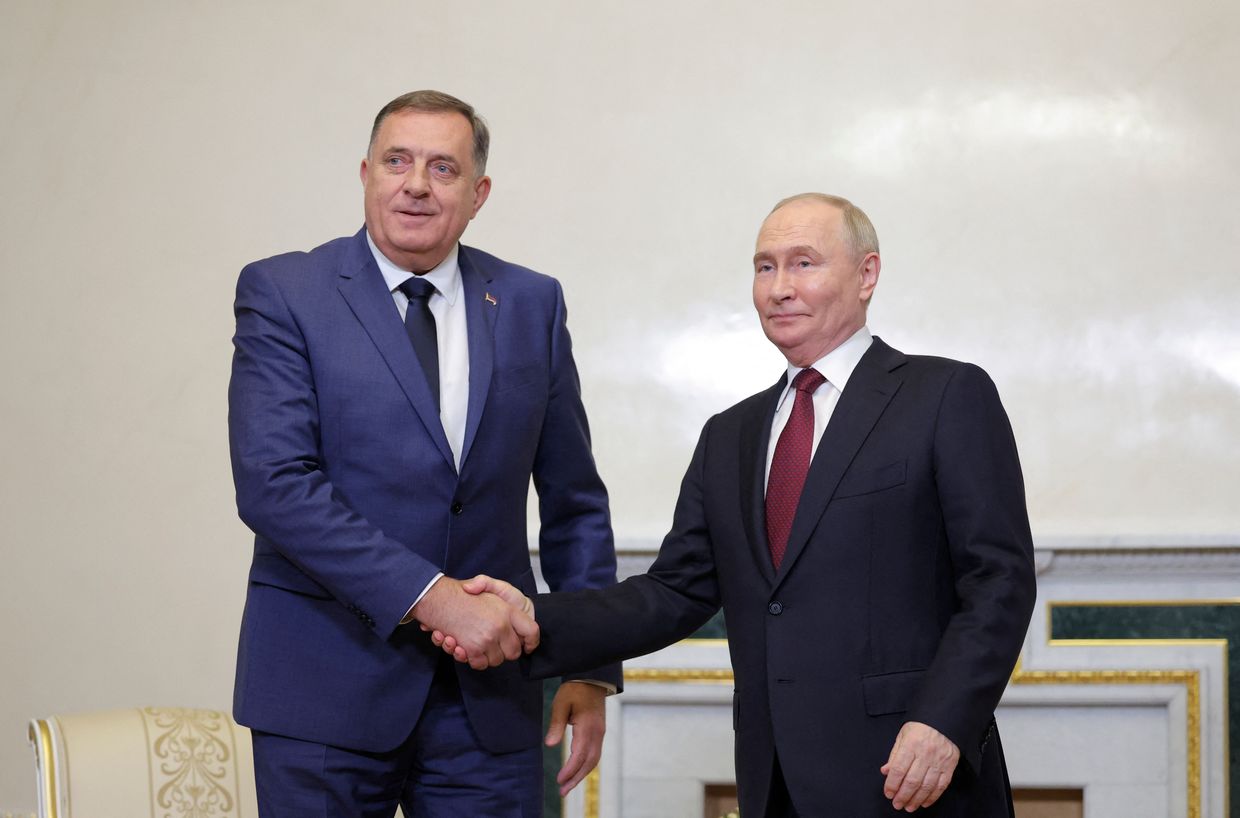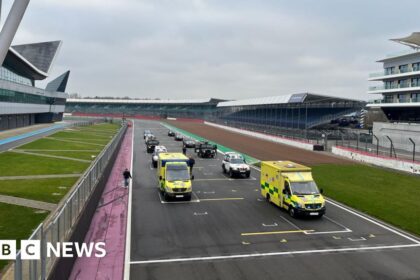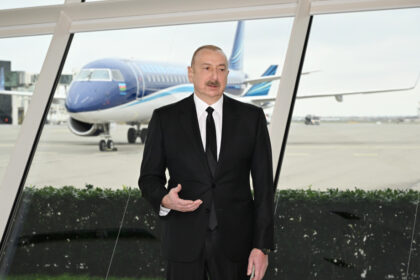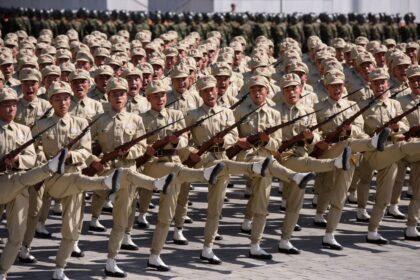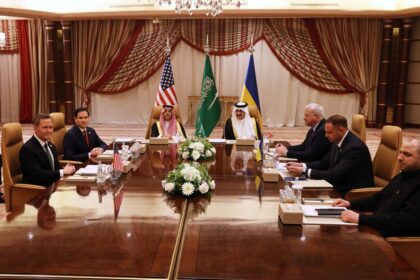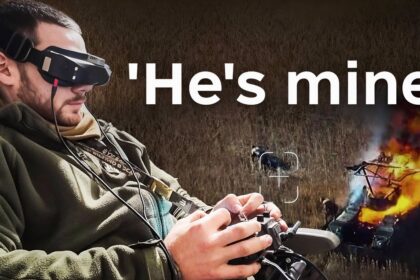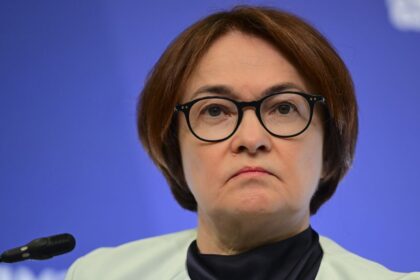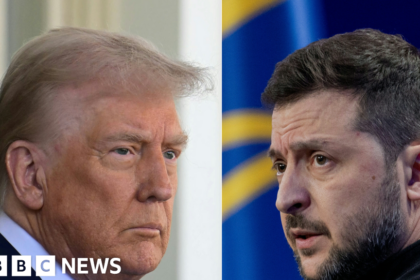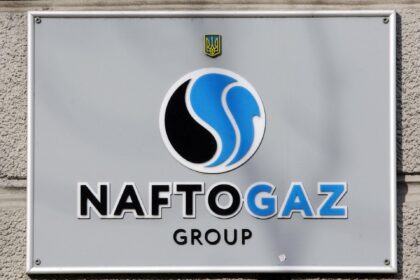This article reports on the crisis in Bosnia and Herzegovina, where Milorad Dodik, the leader of Republika Srpska, has been accused of defying the country’s peace mechanisms and attempting to create a de facto coup d’etat. The Office of the High Representative considers this a serious political and constitutional crisis that threatens the country’s bid for EU membership.
Despite Dodik’s attempts to shore up support among his remaining allies and supporters through visits to Russia, many locals in Banja Luka, the capital of Republika Srpska, do not support him. Internationally, even President Aleksandar Vucic of Serbia is distracted by his own domestic political crisis, and Dodik’s gamble that US President Donald Trump would adopt a more accommodating stance on his nationalistic policies has not paid off.
The article also highlights Russia’s influence in the region, including the construction of a Russian cultural center in Banja Luka. There are concerns that Russia may be using hybrid warfare operations to provoke instability in neighboring countries.
Experts warn that tensions can continue to escalate and small-scale conflict is possible. Dodik has announced plans to form an independent border police force, which could lead to further escalation.
Key points from the article:
* Milorad Dodik, leader of Republika Srpska, has been accused of defying the country’s peace mechanisms and attempting a de facto coup d’etat.
* The Office of the High Representative considers this a serious political and constitutional crisis that threatens Bosnia and Herzegovina’s bid for EU membership.
* Many locals in Banja Luka do not support Dodik, despite his attempts to shore up support through visits to Russia.
* Russia’s influence in the region is significant, with plans to construct a Russian cultural center in Banja Luka.
* Experts warn that tensions can continue to escalate and small-scale conflict is possible.
* Dodik has announced plans to form an independent border police force, which could lead to further escalation.




